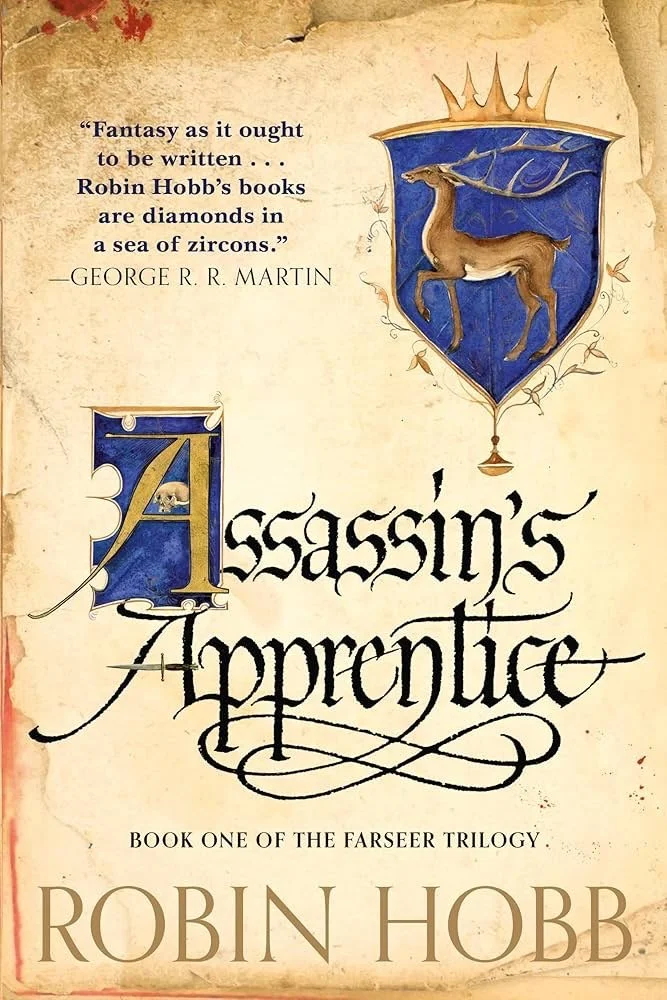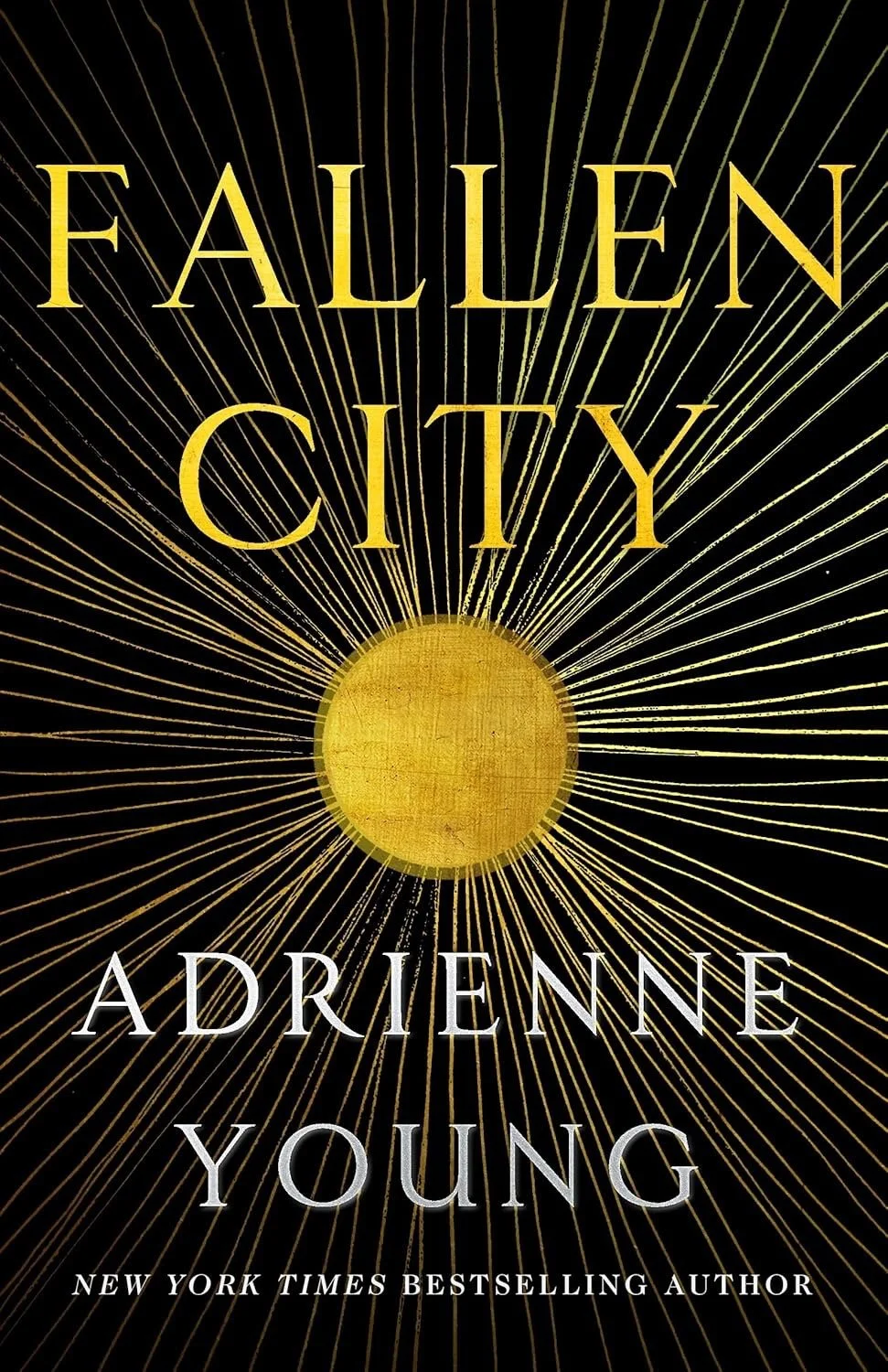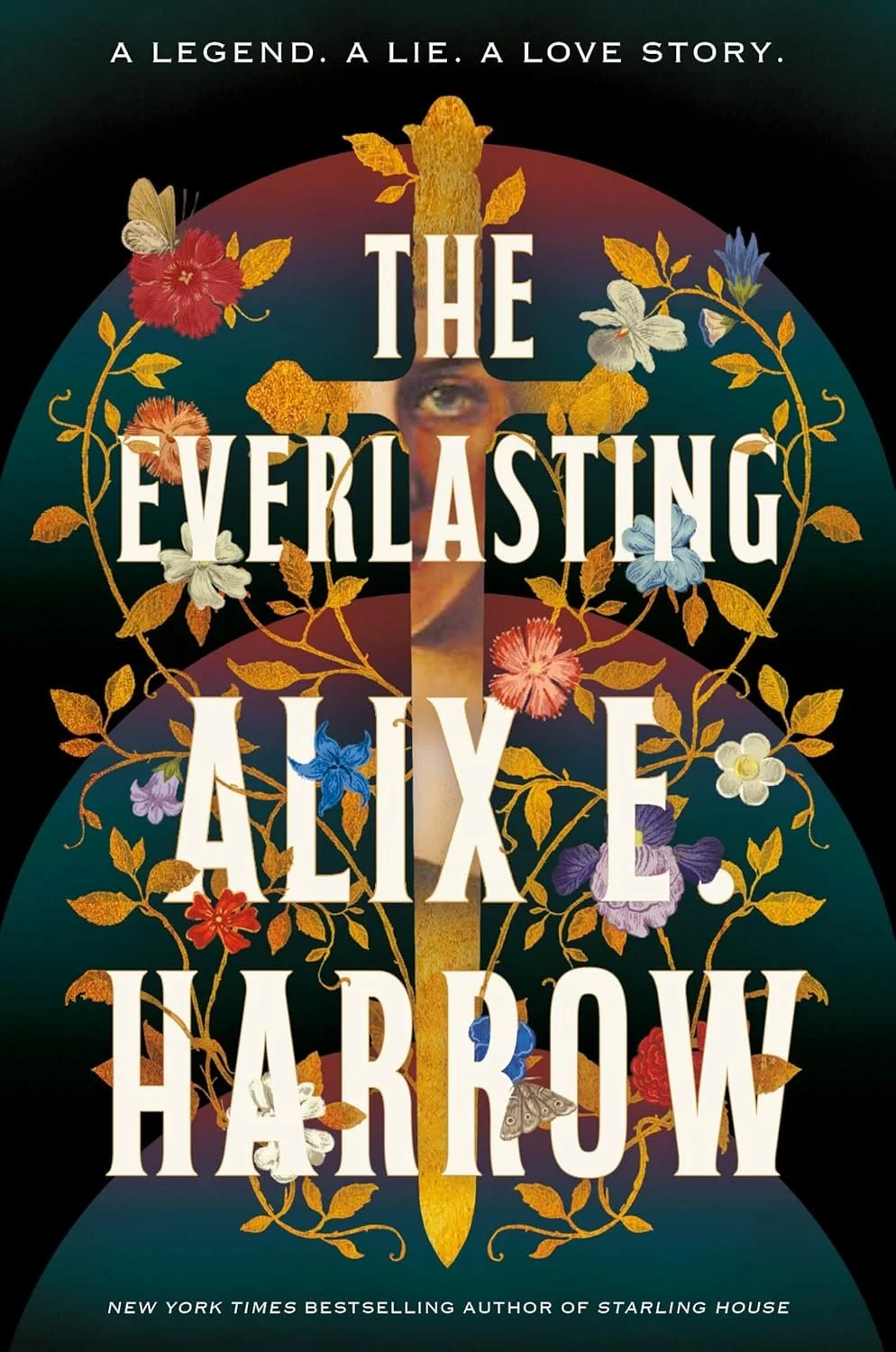Assassin’s Apprentice— Book Review with Content Warnings
Author: Robin Hobb
Genre: Epic fantasy
Series: Farseer Trilogy #1
Age Rating: Teens
Synopsis
Fitz has no home, no family. He is raised in the house of the king and is treated as an outcast by all simply because he is a bastard. Assassin’s Apprentice follows Fitz through his coming of age as a young man trained in the art of assassination. Most see him as a threat to the throne, but he might be the only thing keeping it from irreparable harm.
Content Warnings
General Rating: Teen+ (PG-13 / TV-14 /14A)
Spice Rating: None
Violence Rating: Moderate—child abuse, battle scenes
Profanity Rating: None
Other Trigger Warnings: abandonment, death of a loved one, alcohol use and abuse, anxiety, depression, child abuse and neglect, animal cruelty/death
Overall Rating: 4.25/5
A poignant fantasy in the vein of Ursula K. Le Guin. It’s slow but rich as it gradually reveals a stunning world and magic system, and of course, FitzChivalry, the boy whom no one quite knows what to do with. He has a heartbreaking, lonely story. He seeks love and belonging, finding it in part with a few, but never is he seen, known, and loved as he longs to be. No child should have to grow up as he did; the injustice of it angers me. I can’t wait to read the next one and continue the journey with Fitz as he discovers who he is as an adult.
What I Liked
Fitz’s narration: The gaps in his memory feel real; his memories are all we know as the reader as he grows from boy to man. He is an unreliable narrator of events, but the point is his character growth, so we get to see it firsthand.
The magic system: Hobb reveals the magic system slowly, and at the end of this book, we still only have a glimpse of what this entails. There is the Skill, a magic that allows telepathy and mind control of humans, and the Wit, which allows similar abilities but with animals, and these two oppose one another. Fitz is torn between the two due to his deep connection with animals and his loyalty to the throne.
What I Didn’t Like
Slow pacing: It’s not so much something that I didn’t like as something that takes time to immerse in. However, Fitz’s first-person narration allows the reader first-hand glimpses into his world and allows us to fully dive into the story.
Animal cruelty: There is a heartbreaking scene in which an animal that Fitz is close to is effectively removed from his life. This is a key moment in Fitz’s young life, necessary to his character development, but it is gutwrenchingly painful.
Themes and Reflections
Coming of age and longing for belonging: Fitz is six years old when he is brought to Burrich, his birth father’s right-hand man. He has no memories from before, so his entire formation as a young person has bastard as his core identity. For most of his young life, he didn’t even have a name, referred to only as ‘Bastard’ or ‘Boy.’ Fitz’s life causes the reader to reflect on who and what has formed their identity—what our name says about us, where we come from, and who has spoken love to us in the way that Fitz longs for.
“Learning is never wrong. Even learning how to kill isn’t wrong. Or right. It’s just a thing to learn, a thing I can teach you. That’s all. For now, do you think you can learn how to do it, and later decide if you want to do it?”
Writing Style
Measured, resonant prose
Steady, reflective pace
Thoughtful, melancholic atmosphere
Archetypal, but dynamic and compelling first-person POV
Sharp, rich dialogue
Derivative, atmospheric worldbuilding
Memorable and unsettling narrative
Tropes
Humble beginnings
Man vs. self
Man vs. society
End of innocence
Coming of age
More Like This
The Eye of the World by Robert Jordan
The Hands of the Emperor by Victoria Goddard
Publisher Info
Publisher: Harper Voyager
Release Date: March 27, 2014 (original publication in 1996)





Book review with content and trigger warnings for Among the Burning Flowers by Samantha Shannon